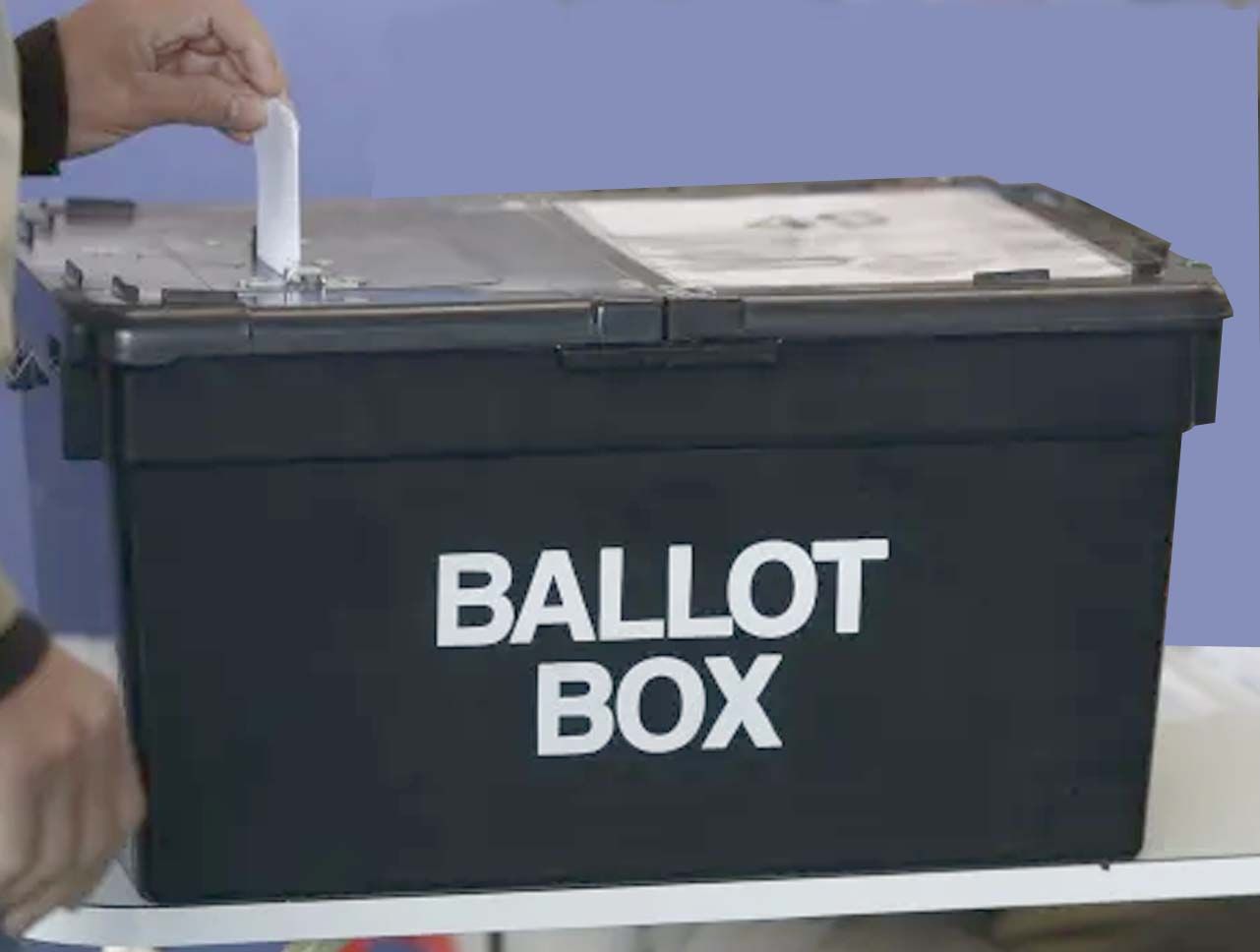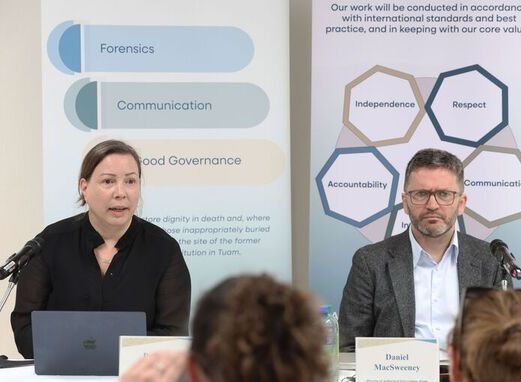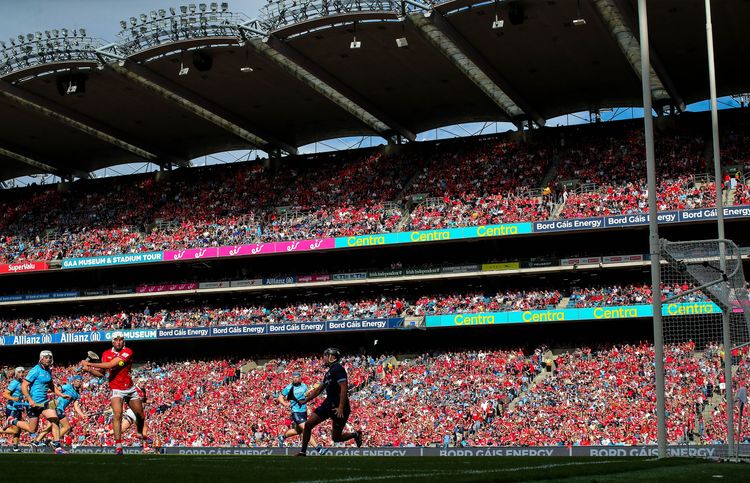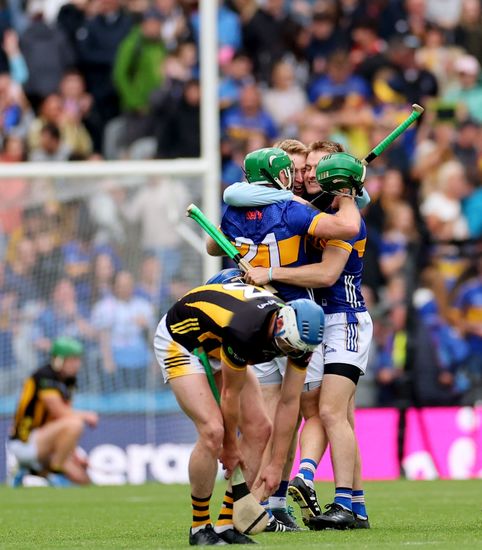All politics is local. So the saying goes. In Northern Ireland's local elections this week local could indeed be described as all politics.
Because as voters cast their ballots for members of various local and borough councils they are, or at least a great many are, rendering judgment on the state of affairs at the top level in Northern Ireland's political life, that being the Stormont Assembly and governing Executive.
Many will be specifically doing this in the context of the Democratic Unionist Party's boycott of the Assembly and the resulting deep freezing of a functioning Executive.
This will be the second time in twelve month that North voters will go to the polls. A year ago this month, Sinn Féin was returned as the largest party in the Assembly.
Now the party will be hoping to overtake the DUP with the most councillors elected. In 2019 the DUP had 122 councillors elected for Northern Ireland’s 11 councils with Sinn Féin having 105.
If Sinn Féin pulls ahead of the DUP after the May 18 local contests the party will be able to argue that voters are fed up with the DUP's stubborn refusal to accept the popular will and take part in government, albeit as an opposition party.
The DUP has been boycotting Stormont over the Northern Ireland Protocol issue. That's the most often reason given though some suspect that the party is simply not ready to play second fiddle to Sinn Féin at Stormont.
The Windsor Framework does apparently address a number of the party's expressed concerns. But not every DUP member is on the same page when it comes to deciding how to proceed in the context of the framework.
The local elections might help them make up their minds.
Meanwhile, the vote is not all about Sinn Féin versus the DUP. There are other parties on the ballot, not least the SDLP and Alliance.
They, too, could end up reflecting public dissatisfaction with the DUP's continued absence from the job its members were elected to carry out in the Assembly.
This week's vote will tell us much.









